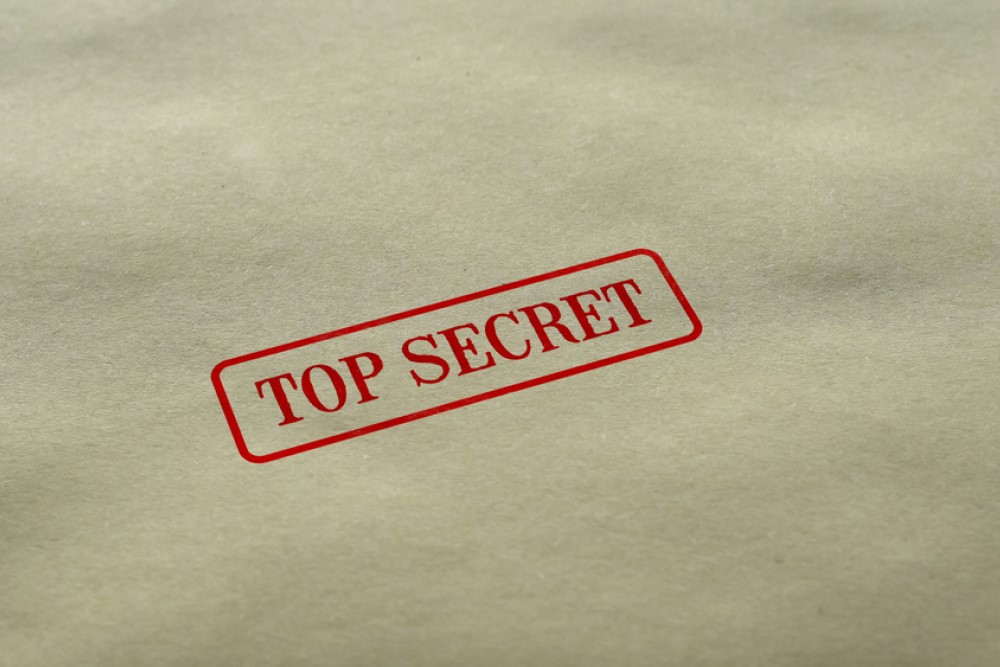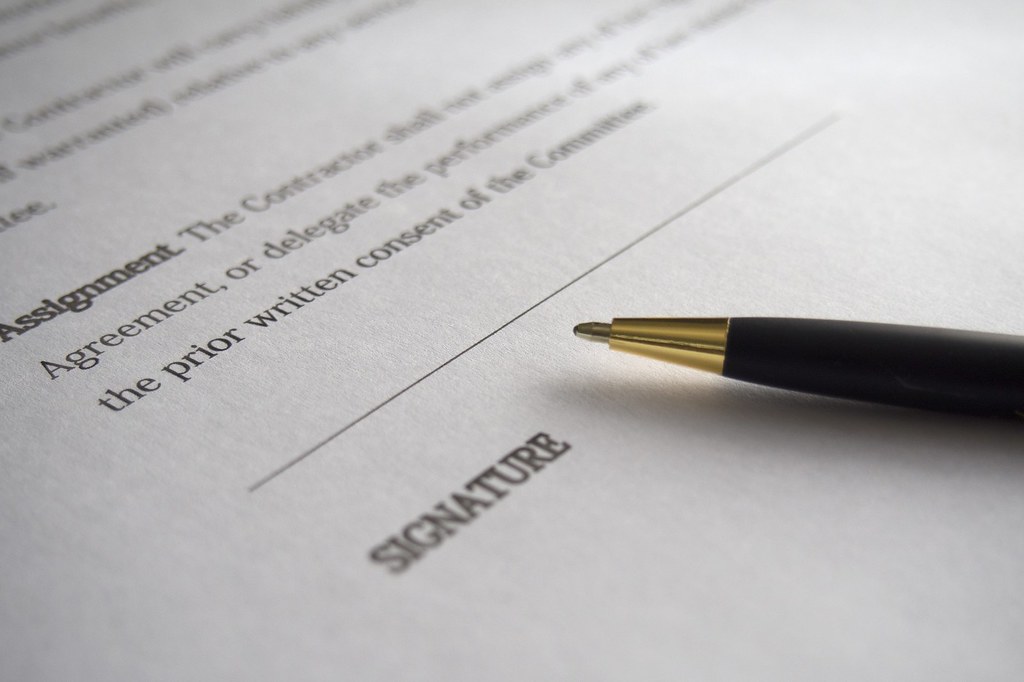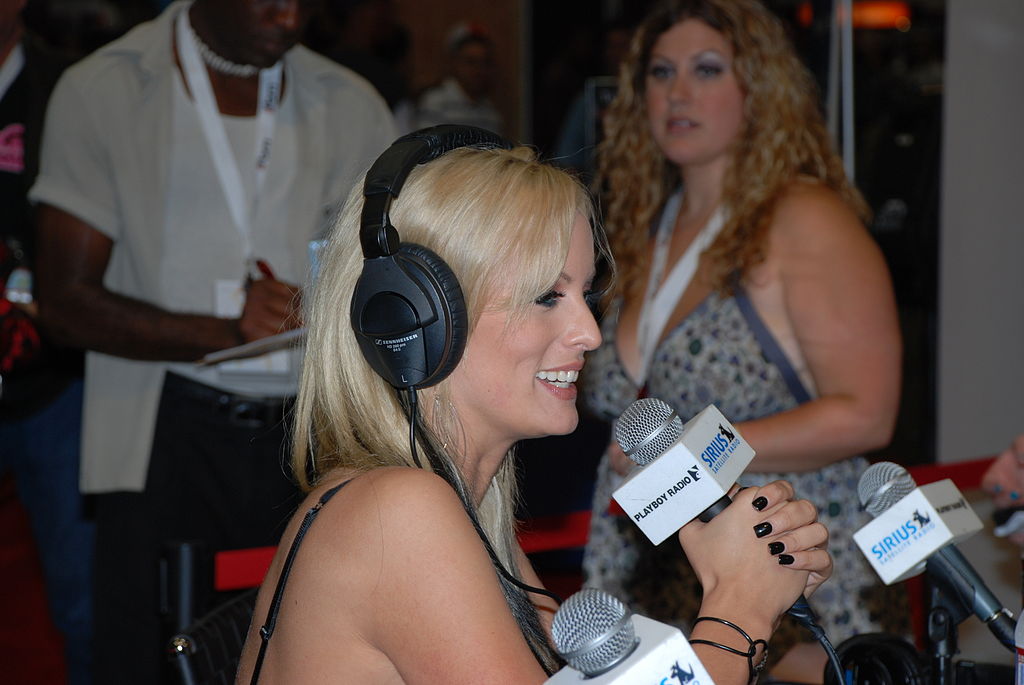There is plenty to be said about the leak that brought us the news that the Supreme Court was considering overturning Roe vs. Wade, the case that legalized abortion throughout America. The most important issue is that, if this draft becomes law, many people will be forced to either give birth when they do not want to (and giving birth in America is dangerous compared to other wealthy countries, especially for women of color), or they will have to seek an illegal abortion. Not to mention that banning abortion does not decrease the number of abortions, it just makes them more dangerous (because they are illicit and less well-regulated).
My focus here is not on that issue, it is on the comparatively unimportant issue of whether whomever leaked the draft should have done so – though I won’t find an answer, I will explore what sorts of factors might help decide this. (Matt Pearce in the LA Times does an excellent job of explaining the various competing factors; there is no way that I could cover everything in this short article, and I will inevitably omit important factors.)
The leak itself has caused an outcry. SCOTUS Blog described the leak as “the gravest, most unforgivable sin.” (This might be a bit strong, considering the Supreme Court has previously ruled that slaves had no rights and Japanese-Americans could be interred in concentration camps.) The leak has also been described as an “actual insurrection” (seemingly by somebody who does not know what words mean) and as an obvious attempt to “intimidate.”
Others have offered more measured, reasonable, criticism. John Roberts, the Chief Justice, said that this leak was a “betrayal of the confidences of the Court [that] was intended to undermine the integrity of our operations.” He also noted that there was a “tradition” of “respecting the confidentiality” of such drafts, calling the leak a “breach of trust” that was an “affront” to the court. (It’s worth pointing out that leaking court opinions is not illegal – no law forbids leaking itself.) I want to suggest that even if everything Roberts has said is true, the leaker still might have been right to leak the draft.
Here is one starting point to get to Roberts’s position. Clerks apparently promise the court confidentiality, and to break a promise is itself wrong. After all, this is a reasonable promise to expect clerks to make (and this following consideration applies to judges, too): deliberating in an open way, where you can communicate trustfully with your colleagues, in theory helps to ensure open, fruitful conversation. (If a justice leaked the draft, they might not have made a promise, but the reasons to ensure open discussions apply to them.)
How exactly promises work is a topic of debate amongst philosophers, but one illuminating approach is offered by the recently deceased Joseph Raz that draws on the notion of “exclusionary reasons.”
As Raz sees it, what we should do is determined by what reasons we have. Ordinary (first-order) reasons help us decide what is best: if eating the cake will give me the nutrition required, and I want to eat it, then I should eat it if no reason exists against eating it. Now, if there is a reason not to eat it, for instance I have already had one portion and I don’t want to offend my hosts, then perhaps I shouldn’t eat it. Whether I should eat it depends on how these reasons weigh up: is it more important that I get the necessary nutrition and do what I want, or that I avoid any risk of offending my host. Promises are not like that: if I promised my wife I would only have one slice of cake, then the facts that I want it and it supplies nutrition, do not count. The promise excludes the countervailing considerations.
So, if there was a promise not to leak, then even if there are reasons to leak, perhaps one should not.
Yet even if the leak would breach a promise and constitute a betrayal, this might be the right thing to do. If a friend tells you that they are cheating on their partner, you might betray your friend’s trust by informing that partner – and trust amongst friends is important – but tell that partner might still be the right thing to do: your friend’s partner does not deserve to be treated like this, and that might outweigh the fact that you promised your friend you wouldn’t tell.
Here are two explanations for why this might be okay. If your friend had said “I have a secret, promise me you won’t tell anybody?” you might think they are, say, planning a surprise party for a friend or thinking about a career change. You might reasonably think your promise has a certain scope, restricted to trivial things. If your friend had confessed to being a notorious murderer, you wouldn’t reasonably be expected to keep that promise, nor need you keep the promise when he tells you he has cheated on his partner. Likewise, in the case of the Supreme Court leak, we have to judge whether the promise to keep things confidential extends this far: does it cover overturning a law that has been settled for five decades, that will affect millions, and which many of the Supreme Court justices (even recently) suggested they would not overturn?
Or, perhaps sometimes it would be wrong to leak (because you promised not to) yet the best thing to do all-round is to leak it. This is a bit like the ethical problem of dirty hands: where to ensure the best result, somebody had to do something wrong. It might be that torture is wrong, yet finding out where the bomb is hidden is so important that somebody should do the awful thing and torture the suspect (this example is simplistic: torture is very ineffective). Likewise, perhaps leaking is wrong and damages the court, yet letting Roe vs. Wade be overturned is too dangerous, and somebody should get their hands dirty, do the wrong thing, and leak the draft for the greater good. This would be, in a way, deeply admirable.
The topic is complex, my point here is just that the fact that leaking is wrong, or the fact it betrays an institution, is not enough to get us to the conclusion that it shouldn’t be done. Sometimes – as tough as it may be, as much as it may damage one’s own moral standing or future career – people should betray others.



